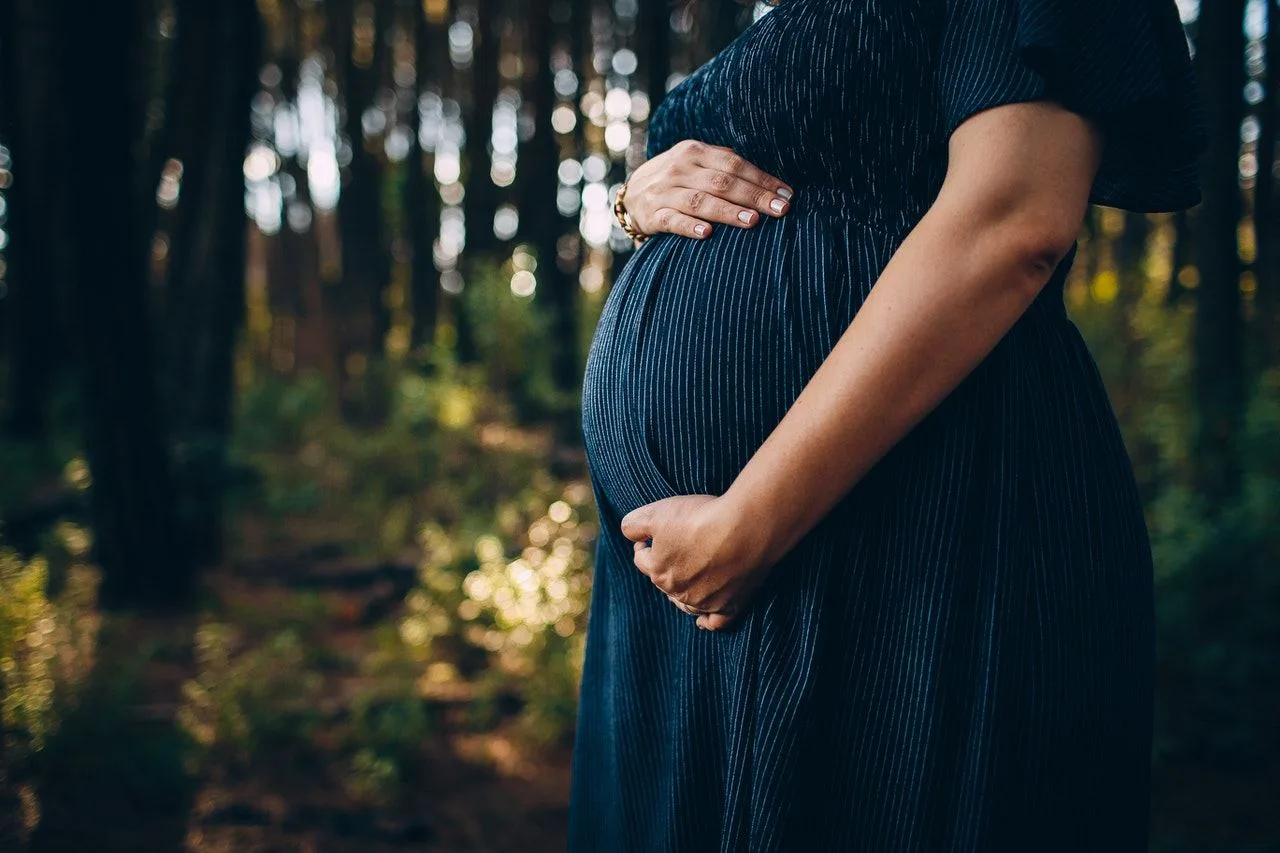It would be hard not to see the effects of climate change, especially in recent months. Countless studies have come out to describe how the Earth’s rising temperature is affecting each of us. A new series of studies has shared how this generation is not the only one in trouble when it comes to climate change.
A special issue of the Paediatric and Perinatal Epidemiology journal contains a group of recent studies. These studies examine the various ways in which climate change is impacting the development and health of fetuses, babies, and children.
Titled Climate Change and Reproductive, Perinatal, and Paediatric Health, the issue reveals how climate change is already negatively impacting the next generation.
Climate Change and Its Effect On Pregnancies and Babies
“From the very beginning, from preconception, through early childhood into adolescence, we’re starting to see important impacts of climate hazards on health,” Professor Gregory Wellenius, researcher and co-editor of the special issue.
1. Premature births
One of the studies set out to decipher if “acute exposure to extreme heat” would increase the likelihood of one giving birth between 20 and 37 weeks of pregnancy.

Photo by Pavel Danilyuk from Pexels
The study found that premature births were 16% more likely to happen in areas experiencing heatwaves.
Pre-existing health conditions are also a factor
The issue also featured a study that revealed that pregnant women with pre-existing conditions, such as having diabetes and high blood pressure, as well as cigarette smoking while pregnant, also had an even higher risk of preterm birth, especially when combined with the heat.
2. Foetal gastroschisis
Foetal gastroschisis is a birth defect where the baby’s intestines are found outside its body. According to research, cases may be rising and this may be linked to climate change.
According to the issue, there may be a link between the increased frequency and intensity of wildfires and the rise in foetal gastroschisis cases. The findings revealed there is an almost 30% rise in the risk of foetal gastroschisis in mothers living close to wildfires during their first trimester of pregnancy.
3. Future weight gain
Growing obesity rates among children is a serious health issue that needs to be addressed. As such, it appears that tackling climate change can help to manage the aforementioned issue.
An Israeli study analyzed 200 000 births. They found that babies exposed to the highest 20% of night-time temperatures faced a 5% higher risk of fast weight gain. According to the researchers, the study’s implications need to be taken seriously. This is especially because infancy helps to better determine the adult weight and because obese people may suffer more in extreme heat.
What about fertility rates?
While the special issue doesn’t address climate change and fertility, other studies have touched on this topic.
For one, a study published last year in Nature Reviews Endocrinology found a potential link between increased fossil fuel pollution and reduced fertility rates.
Additionally, a separate Chinese study found that women living with moderately higher levels of small-particle pollution faced a 20% greater risk of infertility [not becoming pregnant within a year of trying].
Bottom line
“Failure to urgently address the reproductive, perinatal and paediatric health impacts of climate change will perpetuate and worsen reproductive injustices, wherein the most marginalised populations will be deprived of their ability to procreate and safely parent their children.”
The professors also shared that mothers from marginalized backgrounds are more exposed to the effects of climate change. As such, the entire issue becomes a ‘health equity and justice issue.’
Therefore, it becomes the responsibility of every individual to help fight for environmental justice and to hold those in power accountable.
References
Li, Q., Zheng, D., Wang, Y., Li, R., et al. (2021). Association between exposure to airborne particulate matter less than 2.5 μm and human fecundity in China. Environment international, 146, 106231. https://doi.org/10.1016/j.envint.2020.106231
Skakkebæk, N.E., Lindahl-Jacobsen, R., Levine, H. et al. (2021). Environmental factors in declining human fertility. Nat Rev Endocrinol. https://doi.org/10.1038/s41574-021-00598-8
Wesselink, A. K., & Wellenius, G. A. (2022). Impacts of climate change on reproductive, perinatal and paediatric health. Paediatric and perinatal epidemiology, 36(1), 1–3. https://doi.org/10.1111/ppe.12839




![women [longevity live]](https://longevitylive.com/wp-content/uploads/2020/01/photo-of-women-walking-down-the-street-1116984-100x100.jpg)










